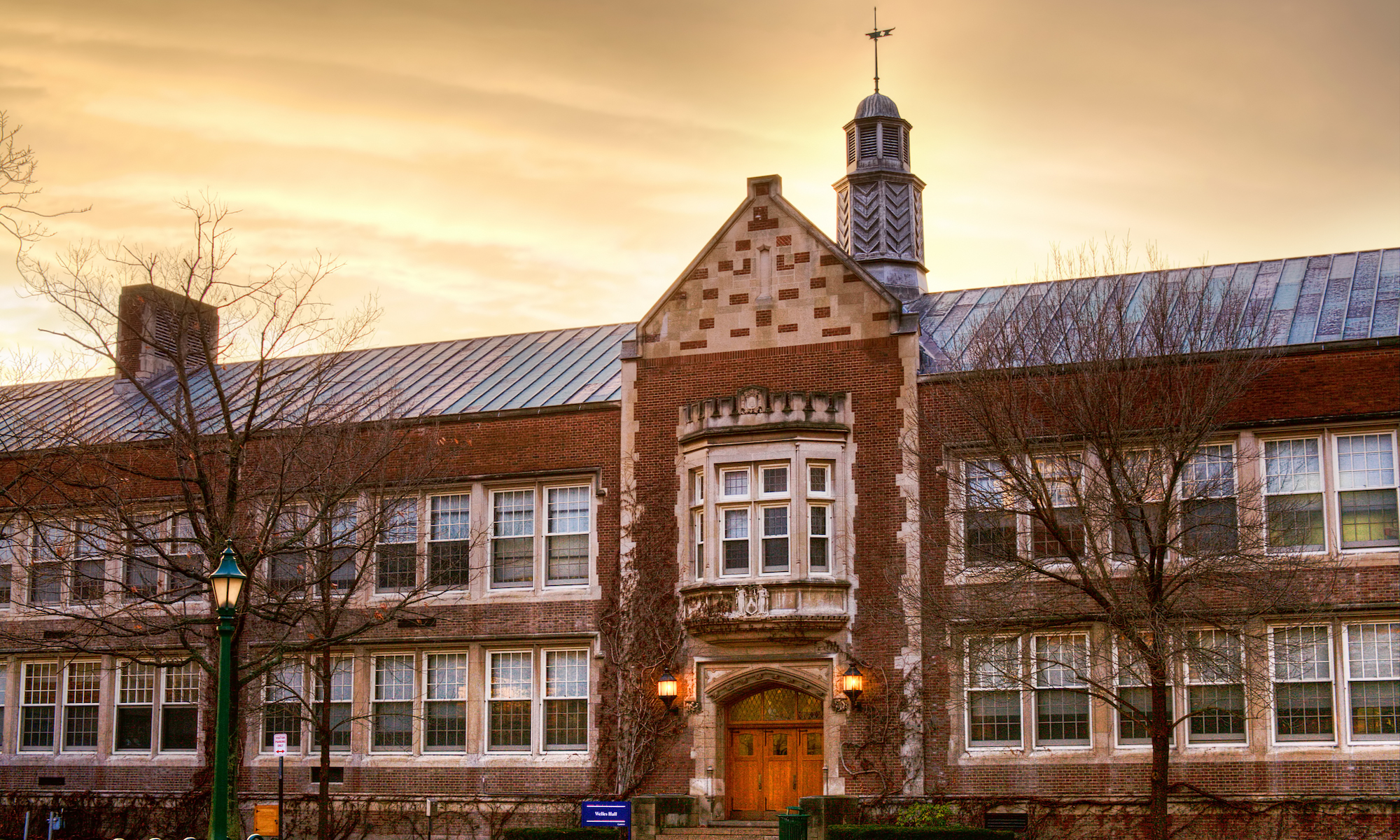Huston Diehl, a member of the SUNY Geneseo English department from 1975 to 1979, died in Iowa City, Iowa on September 8 at age 61. At the University of Iowa, Diehl was Professor of English and CLAS Collegiate Fellow and a specialist in sixteenth- and seventeenth-century English literature.
From today’s obituary in the Iowa City Press-Citizen:
Huston published widely on the theatrical, visual, and religious cultures of early modern England. She was the author of An Index of Icons in English Emblem Books (1986), a reference work funded by a publication grant from the National Endowment for the Humanities, and Staging Reform, Reforming the Stage: Protestantism and Popular Theater in Early Modern England (1997), named an “Outstanding Academic Book of 1997” by Choice Magazine. Dream Not of Other Worlds, her memoir about teaching in a segregated “Negro” elementary school in rural Virginia, in 1970 was published in 2007. A critical reflection on education and the history of segregation, this book recounts what Huston had hoped to offer her students and the obstacles she faced but above all recalls the voices of her students and the lessons they taught her. Huston’s scholarship was supported by a National Endowment for the Humanities Fellowship in 1978-79 and a University of Iowa Faculty Scholar Award from 1988 to 1991, as well as by numerous research grants from SUNY, the University of Oklahoma, The University of Iowa, and the Folger and Newberry Libraries.
In 2007, Diehl was joined by Matilda Beauford, one of her former students at Morton Elementary School in Louisa County, Virginia, for an interview on NPR’s Weekend Edition about Dream Not of Other Worlds. You can hear the interview and read an excerpt of the book here.
Diehl’s former undergraduate students at Geneseo include Lynn Kennison (‘79) and Adjunct Lecturer in English Wes Kennison (‘78). Her former graduate students at the University of Iowa include Anne Clark Bartlett (Geneseo ‘87, Iowa ‘93), now Chair of the English department at DePaul University.
The cause of Diehl’s death was adenoid cystic carcinoma. Ron Herzman, Distinguished Teaching Professor of English at Geneseo, recalls that
In 1998, an operation for cancer severely altered Huston’s (beautiful) speaking voice. Heroically, and with no evidence at all of self-pity, she continued teaching. She told her students, “It will take you a couple of weeks to be able to figure out what I am saying. Stay with it. I’m worth it.” Indeed she was. Those of us who visited her classroom in Geneseo were blown away by her ability to bring students into a profound conversation on the texts that she loved, with her ability to read texts – in all senses of that word – and by her astonishing rapport with her students. As someone who was her colleague here and also at the University of Chicago as Fellows in Residence during the academic year 1978-79, my respect and affection for her is profound. Among other considerable talents, Huston was among the best if not the very best listener I have ever met, inside and outside the classroom, and she taught me by example the necessity to cultivate that skill.
Before her death, Diehl established the Huston Diehl Memorial Fund to help support teaching and research at the University of Iowa Department of English. Contributions may be sent to University of Iowa Foundation, Levitt Center for University Advancement, 1 West Park Road, Iowa City, IA 52255.



